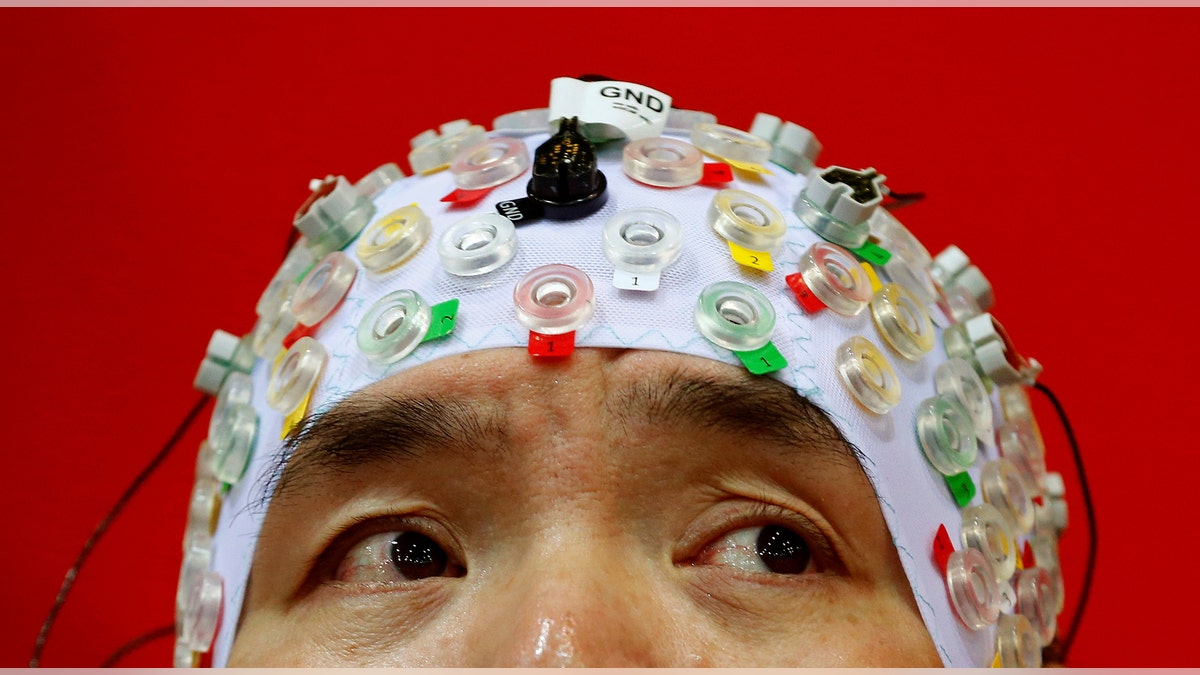
File photo: Hong Gi Kim of South Korea competes during the Brain-Computer Interface Race (BCI) at the Cybathlon Championships in Kloten, Switzerland October 8, 2016. (REUTERS/Arnd Wiegmann)
While it's easy to count our number of birthdays to figure out how long we've each been on the planet, researchers at Imperial College London have another age-related metric they think is even more important: A person's "brain age."
That means taking into account the wear and tear on a person's brain to help predict individuals at greater risk of suffering poor health and dying earlier. And -- wouldn't you know it -- they've created a machine learning algorithm to help!
"The study involves using brain MRI scans to look at the size of people's brain tissue -- gray matter and white matter -- across the lifespan," Dr. James Cole, a research associate who led the study, told Digital Trends. "By building a statistical model of brain volumes in N = 2001 people aged 18-90, we can then compare new brain scans to get a prediction of someone's 'brain age.' The idea is that if someone's brain appears 'older' than their real chronological age, then this may be due to some damage or disease, or potentially indicates increased risk of future brain-health problems."
In an article published in the journal Molecular Psychiatry, Imperial College researchers compared older brain scans, with lower levels of gray and white matter, to those of healthy individuals. The study included approximately 50 percent males and females, representing a broad range of ages.
More From Digital Trends
People with older-looking brains typically had weaker grip, poorer lung function, and slower walking speed, in addition to lesser cognitive performance. The researchers also demonstrated that the difference between brain age and real age significantly relates to how long people live, proven by testing the algorithm on historical data sets of MRI data.
"Excitingly, when combining brain age with other potential aging biomarkers, such as the epigenetic clock, [we were able to improve] the accuracy with which mortality could be predicted," Cole continued. "In the long run, MRI scans could be used as part of the clinical assessment to look for people at increased risk of poor brain and general health outcomes."
Sure, an algorithm that tells you when you're going to die isn't going to be to everyone's idea of a good time. But if it opens up the possibility of modifying your health to improve your estimated lifespan, this could prove to be just the wake-up call some folks need.
Although Cole told us that right now it's still, "a long way from being a clinical tool" used by physicians.








































